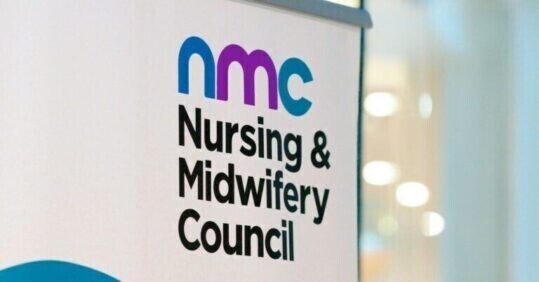Government kickstarts nurse pay round for 2026/27

The health and social care secretary has kickstarted the 2026/27 pay round for nurses and doctors by asking the independent review bodies to support an ‘earlier’ and ‘more timely’ pay announcement.
Wes Streeting has this week penned letters to the NHS Pay Review Body and to the Doctors’ and Dentists’ Remuneration Body (DDRB) to commence the next pay round.
The NHS Pay Review Body covers nurses on Agenda for Change contracts, while GPs are covered by the DDRB.
In recent years, practices have been asked to pass on the pay awards given to GPs to practice nurses – though this has not always been happening across the board.
The kickstarting of the pay round has happened two months earlier than the previous year and comes as part of efforts from the government to ensure timely pay awards for public sector workers.
Related Article: Only 25% of practice nurses have heard from employer about 2025/26 pay rise
‘I would be grateful if you could support an earlier pay announcement by submitting your report at the earliest point that allows you to give due consideration to the relevant evidence,’ Mr Streeting wrote to both pay review bodies.
‘I recognise that changing the timeline from recent years will present challenges for you, but I am sure you also share the government’s belief in the importance of returning to more timely annual pay processes.
‘To enable you to submit your report earlier, our department will aim to co-operate with all your deadlines and bring the evidence process forward.’
This year pay awards for NHS staff and doctors were announced by the government in May, backdated to April. For the previous pay round, the awards had been announced in July.
But while announcements on pay were made several months ago, it was not until last week that the government confirmed it expects GP practices to pass on a 4% pay rise to employed practice nurses in England for 2025/26.
Separately, NHS nurses on Agenda for Change have been awarded a 3.6% pay rise for 2025/26, in line with the NHS Pay Review Body recommendations. GP nursing staff employed by primary care networks under the Additional Roles Reimbursement Scheme are also entitled to a 3.6% pay rise this year, in line with Agenda for Change.
‘We know that public sector workers delivering our vital public services deserve timely pay awards,’ Mr Streeting added.
Related Article: FtP screening caseload at lowest level in five years, says NMC
‘We announced 2025 to 2026 pay awards two months earlier than last year and remain committed to bringing 2026 to 2027 pay announcements forwards further.
‘That is why we are launching this pay round two months earlier than the previous pay round.’
The news comes as the government this week told Nursing in Practice that a new substantive GP contract – due by 2028 – ‘could address’ practice nurse terms and conditions.
The Department of Health and Social Care’s comment came in response to concerns raised on social media by England’s primary care nursing lead, Louise Brady, who urged the government to ensure practice nurses are given an annual pay rise and above statutory maternity, paternity and sick pay.
Ms Brady said these conditions should be delivered nationally as part of the GP contract and ‘must be a priority for patient safety’.
Related Article: Government and TikTok campaign to target overseas cosmetic surgery
Last year, the Royal College of Nursing (RCN) asked the DDRB to investigate why many practice nurses are not being given an annual pay rise and to ensure its future recommendations ‘expressly and explicitly’ include the nursing profession.
The RCN used the findings of a Nursing in Practice survey to inform its case – including that half of practices nurses had not received any pay uplift for 2024/25 as of autumn 2024.
In April 2025, a General practice nurse pay: A salary survey of the profession 2025 report, produced with our sister title Management in Practice, revealed that the average salary of a full-time (or full-time equivalent) GPN working in the UK is only £35,057 and lags behind those working in NHS hospitals.

See how our symptom tool can help you make better sense of patient presentations
Click here to search a symptom





![Menopause: identification and management [NG23]](https://s3-eu-west-2.amazonaws.com/images.nursinginpractice.com/wp-media-folder-nursing-in-practice/wp-content/uploads/2025/03/PULSE-NIP-UPLOAD-BAYER-NICE-MENOPAUSE-A5-HANDBOOK.jpg)
